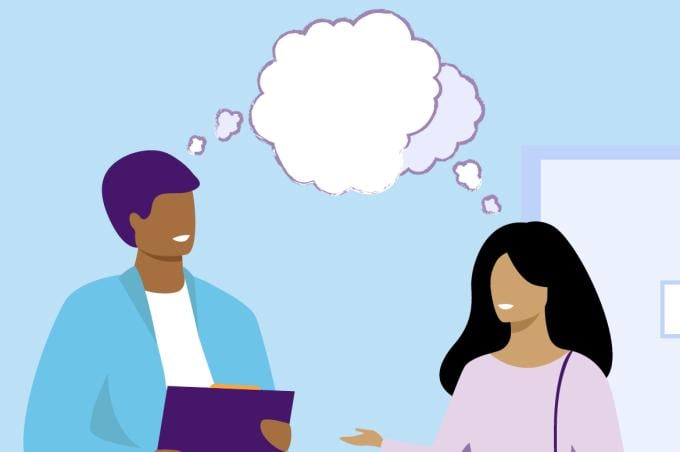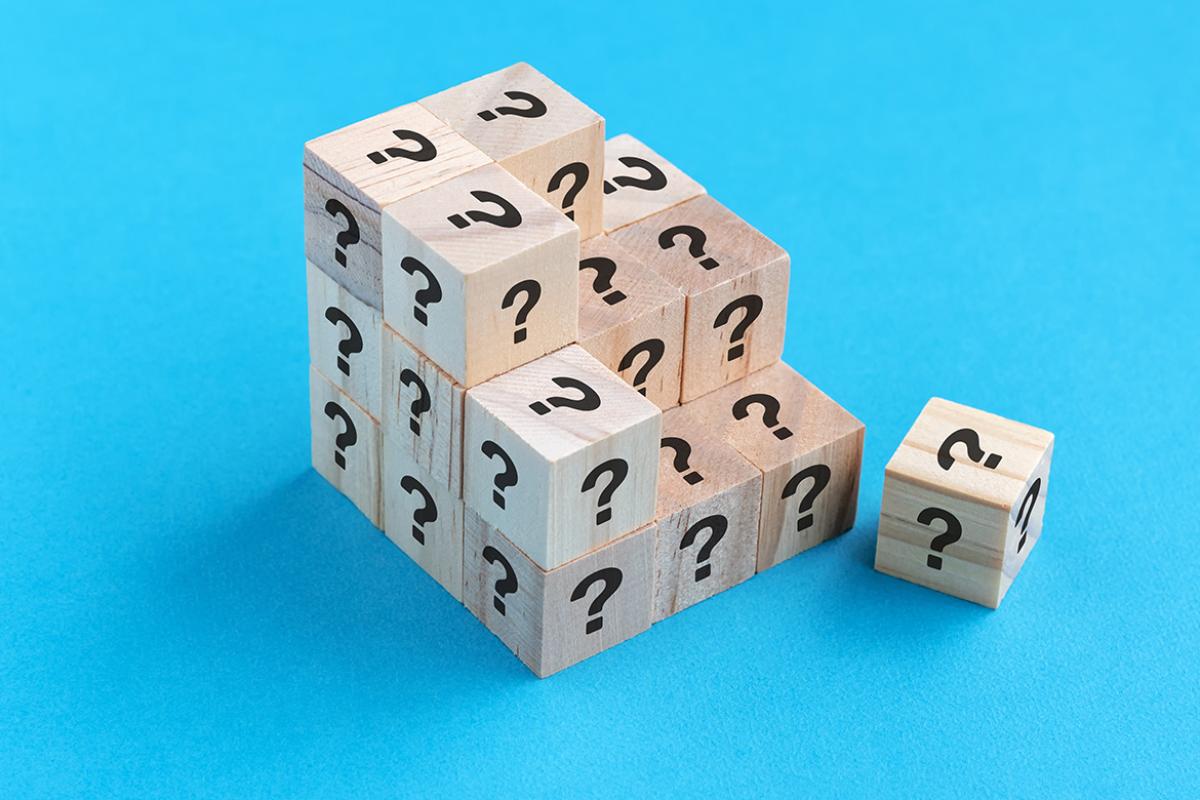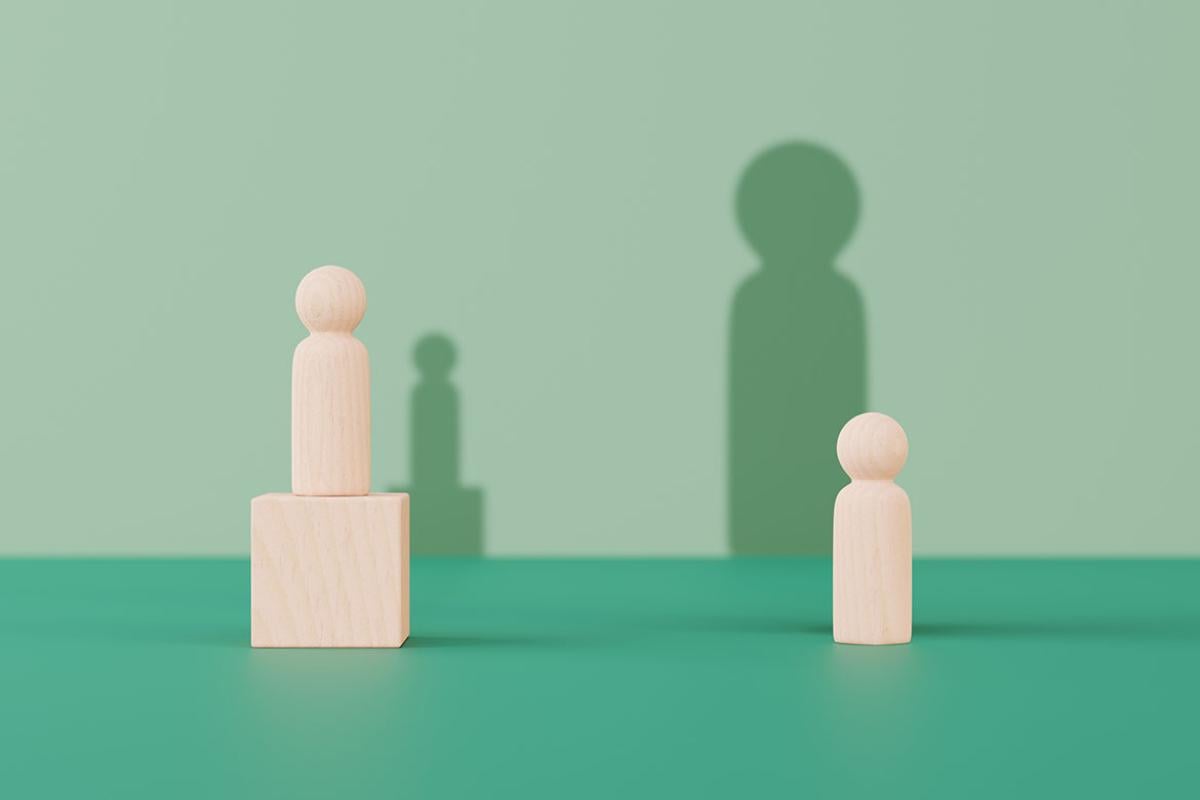Even though human kidneys are just the size of a computer mouse, they are critical for maintaining good health—filtering blood in the body every 30 minutes, working hard to remove waste, toxins and excess fluid, as well as helping to control blood pressure. But kidney disease, also known as renal disease, is growing health concern.
This silent and often progressive disease can cause significant damage to the kidneys, which can lead to a range of debilitating symptoms and complications. There is good news, though. Kidney disease can be prevented, and even reversed in its early stages.
Kidney diseases are a leading cause of death in the U.S. Yet while more than one in seven adults—or 37 million people—in the country have chronic kidney disease, most go undiagnosed. On top of that, diabetes and high blood pressure are the leading causes of kidney failure, accounting for three in four new cases, according to the Centers for Disease Control and Prevention.
The AMA’s What Doctors Wish Patients Knew™ series gives physicians a platform to share what they want patients to understand about today’s health care headlines.
In this installment, AMA member Ricardo Correa, MD, who directs the endocrinology fellowship program and also is director for diversity at the University of Arizona College of Medicine in Phoenix, took time to discuss what patients need to know about preventing kidney disease. Dr. Correa is also chair of the AMA International Medical Graduates Section Governing Council.
Assess your risk level
“The biggest risk factors are if you have high blood pressure or diabetes mellitus. Those are the main conditions that can lead to chronic kidney disease when uncontrolled,” Dr. Correa said. “Other risk factors are autoimmune conditions, which the most common is lupus. Lupus can cause nephritis, which is an inflammation of the kidney.”
“Heart failure or heart disease can also increase your risk of kidney disease,” he said, noting that “other common things in life like smoking, obesity and alcohol abuse can cause damage to the kidney.”
Know your family history
“There are some genetic conditions that can be causing kidney disease too. For example, there are multiple cysts that appear in the kidneys, which can cause kidneys to enlarge and lose function over time,” Dr. Correa said. “This is an inherited disorder is called polycystic kidney disease.”
“And if you have a family history of kidney disease, you are more at risk,” he said, noting that “with any medical condition, it is good to know if a family member has it. That’s why we always ask for family history.”
That is “because family history gives us hints into what we need to investigate to learn why there was a kidney problem,” Dr. Correa explained.
Manage your diabetes
“There are multiple types of kidney disease, but the common thing that all of them have is a decrease in the function of the kidney,” Dr. Correa said. “The means the decrease of the clearance of many substances that are cleared by the kidney.”
“One of the most common chronic kidney diseases is diabetic nephropathy, which is caused by uncontrolled diabetes for long-term damage where the filtration occurs in the kidney and then causing this filtration to not function properly,” he said. “So, there are big molecules that can pass and then damage the kidney.”
“If you have diabetes, it is important to control your diabetes. If not, you are going down a path that 10- 15 years later you are going to be on dialysis,” Dr. Correa said, noting that includes “keeping blood-glucose numbers close to your goal by checking your levels.”
Additionally, “take all your medicines as prescribed if you have diabetes,” he said.
Control your blood pressure
“The other common type is hypertensive kidney disease,” Dr. Correa said. “This means that the high blood pressure—uncontrolled—hitting that blood vessel constantly to the kidney will cause damage to the kidney.”
But “taking steps to control your blood pressure can help prevent the progression to kidney disease,” he said. “That means taking all your medications as prescribed for your high blood pressure and keep your blood pressure numbers close to your goal.”
Additionally, “work with your doctor to keep your cholesterol levels in target range,” Dr. Correa said.
Be mindful of signs and symptoms
“There are typically no symptoms associated with chronic kidney disease, mainly with acute injury,” said Dr. Correa. “But fluid retention is very important. You start swelling because your body’s not clearing waste and toxins because it’s not producing so much urine.
“Whenever you have this retention, you also retain electrolytes, so you may experience muscle cramps,” he added, noting that “potassium is one of the most common electrolytes that are retained, so it can cause some arrhythmias in the heart.”
That is why “potassium is very important to monitor in patients with advanced chronic kidney disease,” Dr. Correa said. “Also, the kidney is involved in the production of red blood cells. There is a substance called erythropoietin that increases red blood cells, so if you damage your kidney then you can have anemia.”
“Kidneys also help with the regulation of calcium and if you have this problem, then you can have osteoporosis,” he said. “We see a lot of patients with chronic kidney disease who get osteoporosis because of a process called hyperparathyroidism.”
Treat heart failure
“Organ damage can injure your kidney. For example, heart failure,” said Dr. Correa. “If you have heart failure, your blood is not pumping to all your organs such as the kidney. Then you get less blood, and you injure your kidney.
“Also, an infection in the entire body called sepsis and septic shock can cause your blood pressure to go low. Low blood pressure means there is no blood in the kidneys and that can cause injury,” he said. “So, in general, there are multiple things that can really cause kidney disease.”
But “heart failure, septic shock or infection can be resolved. If you treat the underlying condition, your blood flow will return, your infection will be clear and it can help,” Dr. Correa added.
Test your kidney function yearly
“In my patients with diabetes or hypertension, I need to check kidney function yearly,” Dr. Correa said. That is because “they will not notice if there is something happening with the kidney unless there is a blockage and you stop peeing. But that’s not frequent.”
“If you have diabetes or hypertension, it’s very good to have a test. If you don’t have any kidney problems, it’s good to test your kidney function once a year,” he said. “For those with more complications, your doctor may want to test more often.”
“The main prevention is following instructions of when you have to check your kidney function and controlling your underlying chronic comorbidities because the endpoint of chronic kidney disease will be dialysis or transplant,” Dr. Correa said. “We don’t want it to get to that point.”
Take medications correctly
“Some medications are cleared by the kidney and if you have a medication that you’re taking for a long time or that can affect your kidney, then it can cause kidney injury,” Dr. Correa said. “For example, ibuprofen or naproxen are medications cleared by the kidney and if you use them excessively, then you can injure your kidney.”
“But if you take medications properly, it is very unlikely that you will develop one of the complications of kidney disease,” he said. “Of course, if you take 10 pills instead of what is prescribed, then you are at risk of damaging your kidney.”
“That is why a key thing for prevention is if you’re taking an over-the-counter medication, read the instructions. If it says take one pill every eight hours, do not take one pill every two hours,” Dr. Correa explained.
Maintain a healthy lifestyle
Another important part of preventing kidney disease is by adopting “healthy lifestyles, so eat a healthy diet and exercise regularly,” Dr. Correa said, adding that “stopping smoking will help not only the lungs, but the kidneys too.”
Additionally, “manage your alcohol intake because drinking excessive amounts can cause your blood pressure and cholesterol levels to rise to unhealthy levels,” he said. “And if you have any other chronic conditions, follow up with a physician so they can help you control your other comorbidities.”
Stay hydrated
“Drinking water to stay hydrated helps because that’s the main function of the kidney—to filter waste and excess of fluid in your body through urine,” Dr. Correa said, emphasizing that “hydration is very good to have to protect your kidneys.”
“Sometimes kidney disease can be caused by kidney stones. The kidneys filter the blood and produce urine, and if you block that output of the urine with a stone, then all of this is accumulated and can damage the kidney,” he said. “But this is not so common. “
To maintain hydration, “I recommend eight to 10 glasses of water per day,” Dr. Correa said.
Visit your doctor
“If you don’t have anything, visiting your doctor every year is important and then if you start having complications or new conditions, it will probably need to occur more frequently,” Dr. Correa said. “For example, in my patients with diabetes who have very severe chronic kidney disease, they see the nephrologist every three months.”
“Chronic kidney disease is often a complication of another condition,” he said. “So, it’s very important to be aware and control the other condition so you don’t develop kidney disease.”





